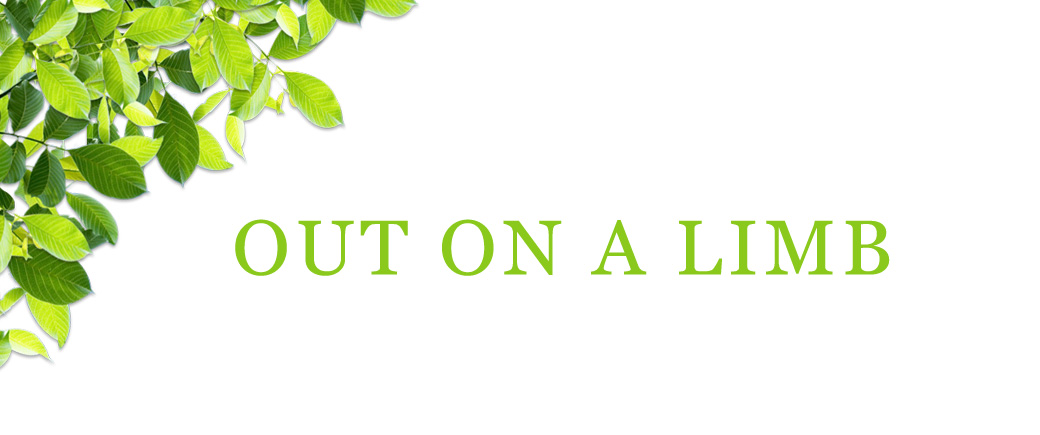Oh, what a tangled web...
I am tired of being lied to.
I’m not talking about the protective “little white lie” so frequently used as an emollient for social interactions. No, I am tired of the constant barrage of untruthful statements used to manipulate public behavior, usually toward unsavory, unhealthy or unethical actions.
Someone once told me that chronic depressives may not know they are depressed, that they swim in a sea of sadness, as unaware of it as a fish is of the water in which it floats. I fear that in the 21st century, we may be so immersed in falsehood that the invigorating stimulus of truth will be alien.
As I am writing, Donald Trump is on television defending his COVID-19 response. By July 9, 2020, he was alleged to have put forward more than 20,000 falsehoods, and, as I listen, he is adding to that number at a rate faster than I can count. Utterly astounding. I wonder, do the statisticians tally each repeated lie as a new incidents or do they lump falsehoods into categories.
It just would be funny, if it weren’t so serious. But we have already seen the dire consequences of people who choose to believe that COVID-19 isn’t serious (according to the president, it’s just a bad flu), isn’t spreading (we only have increased numbers because we are testing more), our infection rate, per capita, is lower than any other country (we account for 20-25 percent of cases worldwide) and that it can be prevented by a good swig of hydroxychloroquine. Meanwhile, our death rate is up to 1,000 individuals a day and again we account for 20-25 percent of the deaths worldwide.
Trump is our liar-in-chief, a man who is upping his ante the closer we get to the national election. David Markowitz, an assistant professor at the University of Oregon, describes himself as “an academic who cares deeply about how lying affects communication processes and social relationships.” He wrote in a May 2020 Forbes article that, as of early April, Trump told 23.3 lies per day, a 0.5-lie increase since 2019. The evidence of his falsehoods stares us in the face—and yet the faithful believe.
Trump isn’t a clever liar—he doesn’t seem to care if he is called out or disproved. So why does he do it? It appears clear that he lies for utilitarian purposes such as promoting his re-election, achieving cherished goals such as the exclusion of immigrants and, one would assume, to promote his own business interests.
Trump’s lying is hardly unique. It is remarkable only in its frequency. Presidential historian Douglas Brinkley of Rice University has acknowledged that past presidents have “lied or misled the country,” but asserts that none of them was a “serial liar” like Trump. And Mark Barabak of the Los Angeles Times reported that White House scholars and other students of government agree that Trump’s “volume of falsehoods, misstatements and serial exaggerations are unparalleled.”
To be honest, I would count one of my most-admired presidents, Franklin D. Roosevelt, as a competitor for Trump when it comes to falsehoods. FDR learned early to evade his domineering mother by avoiding the truth and cheerfully misled everyone in his life to promote his own goals, personal and political.
Which leads us to questions about the morality of lying. Long ago, I read Robert Caro’s Lyndon Johnson: Path to Power and about half-way through it found myself musing over how to define a truly bad man who achieved much public good. The same can be said about lying—is it morally reprehensible if it achieves a positive outcome?
Here, philosophical opinion is divided. Plato claimed that rulers of a just society can use “noble” lies to promote social harmony among the masses. He apparently thought that the moral valence of lying depends upon the context in which the lie is told. But Immanuel Kant could find no conceivable circumstance in which lying is morally acceptable. He argued that morality is rooted in our capacity to make free, rational choices and that lying aims to undermine this capacity.
There are different theories about the morality of lying, most taking into consideration whether the end goal of the lie is to create happiness or well-being. According to the pragmatic theory, lying is bad if it is unsuitable for the circumstances in which it occurs or if it hinders adaptation to the demands of experience. By this standard, Trump’s lies, particularly about the Corona virus, are not benign. As Markowitz writes, “Even during a pandemic, when the public needs to trust and rely on him the most, deception remains a core part of the president’s playbook.”
Everyone lies. Psychologists argue that it is an important developmental acquisition and that people lie far more frequently than they are prepared to admit, even to themselves. A 2002 study conducted by American psychologist Robert S. Feldman suggests that people lie on average two to three times for every 10 minutes of conversation time, chiefly to preserve self-esteem, avoid conflict and to manipulate others to behave in ways that are in one’s self-interest. But Trump’s lies are more problematic because they undermine faith in our institutions.
If we become so inured to falsehood, so numb to a barrage of misinformation, how do we determine a correct path to the future. Hitler’s propaganda minister, Joseph Goebbels, was well aware of the power of a lie. “Repeat a lie often enough and it becomes the truth,” he said.
In our current climate, we are like fish swimming in a polluted tank of lies. Will we be able to recognize truth when we encounter it?

